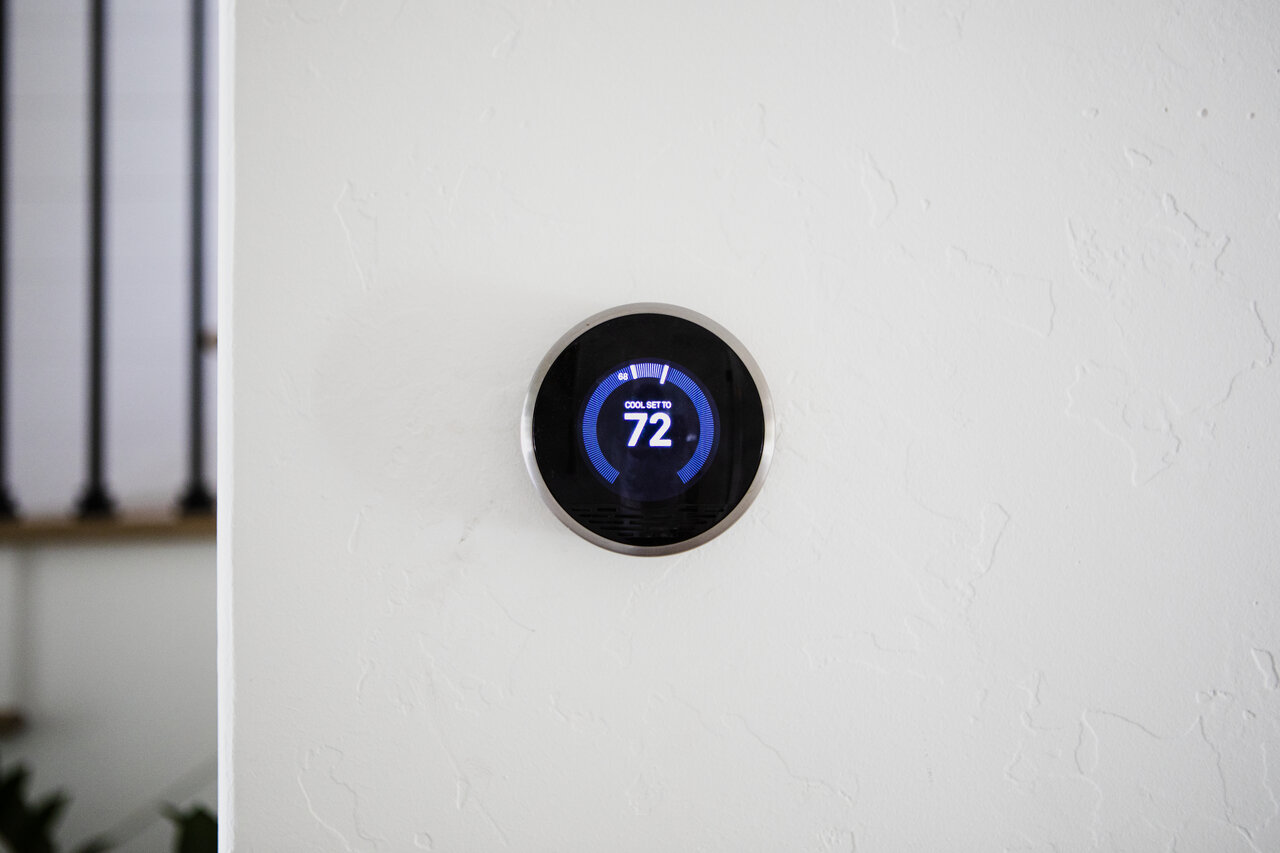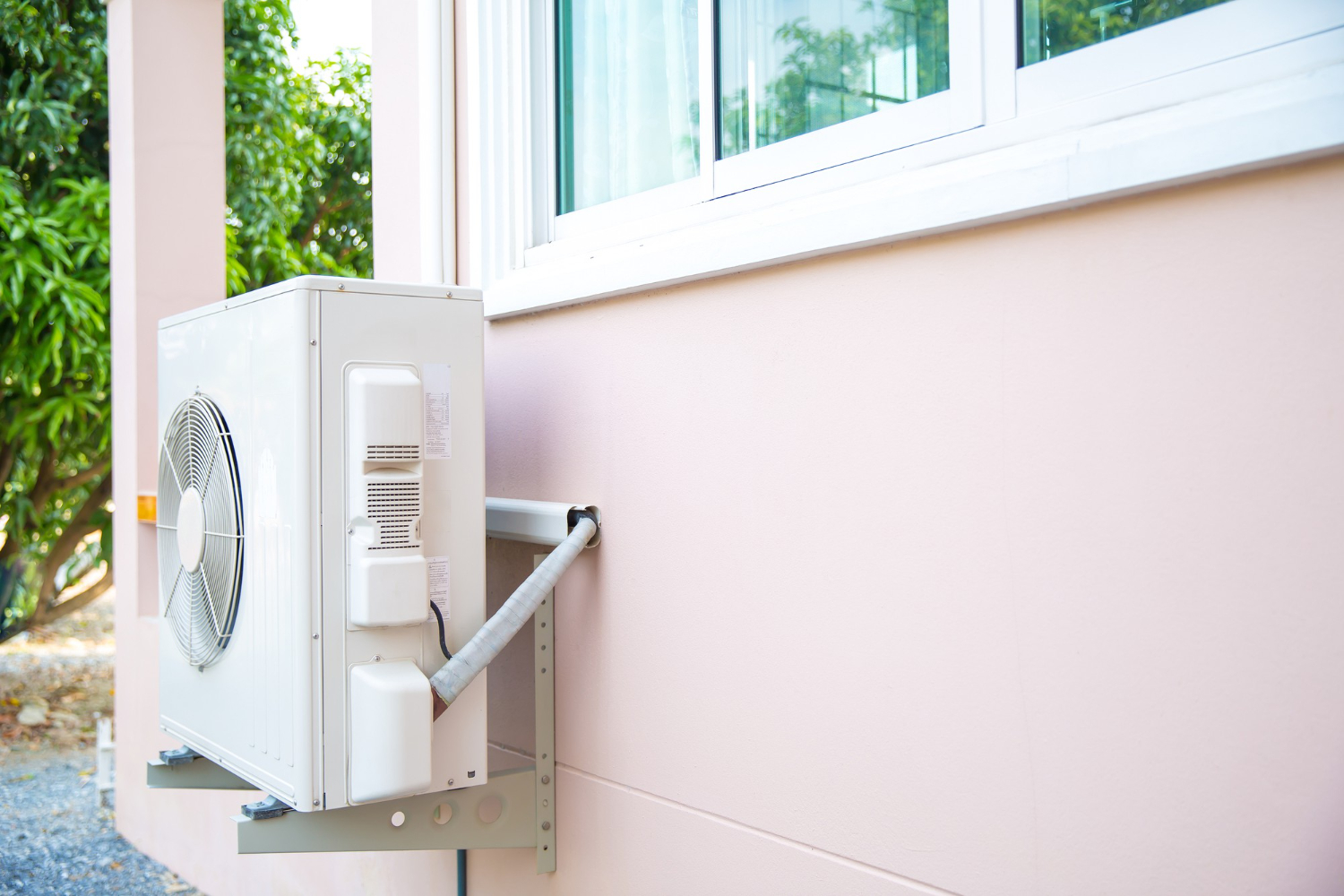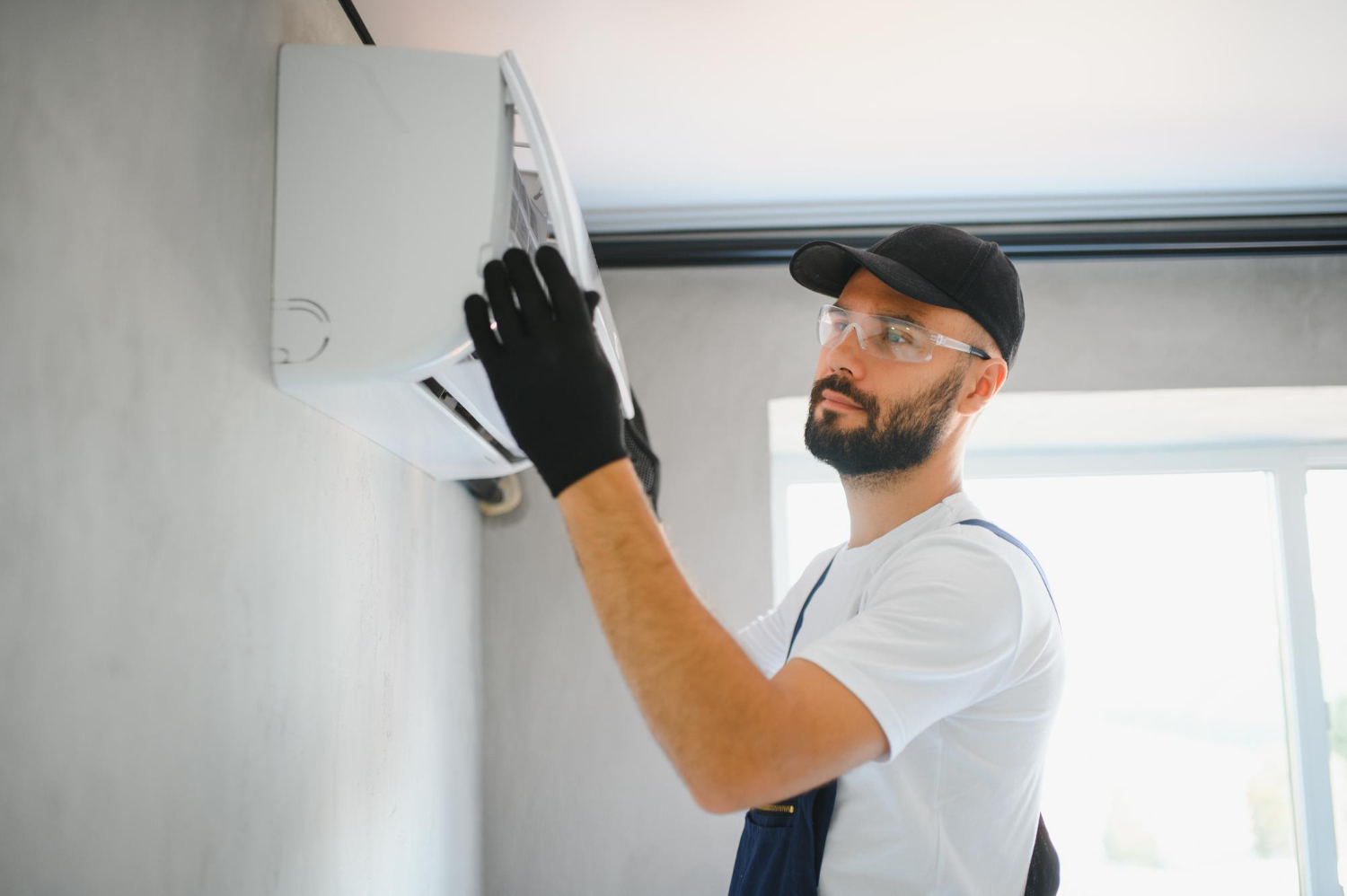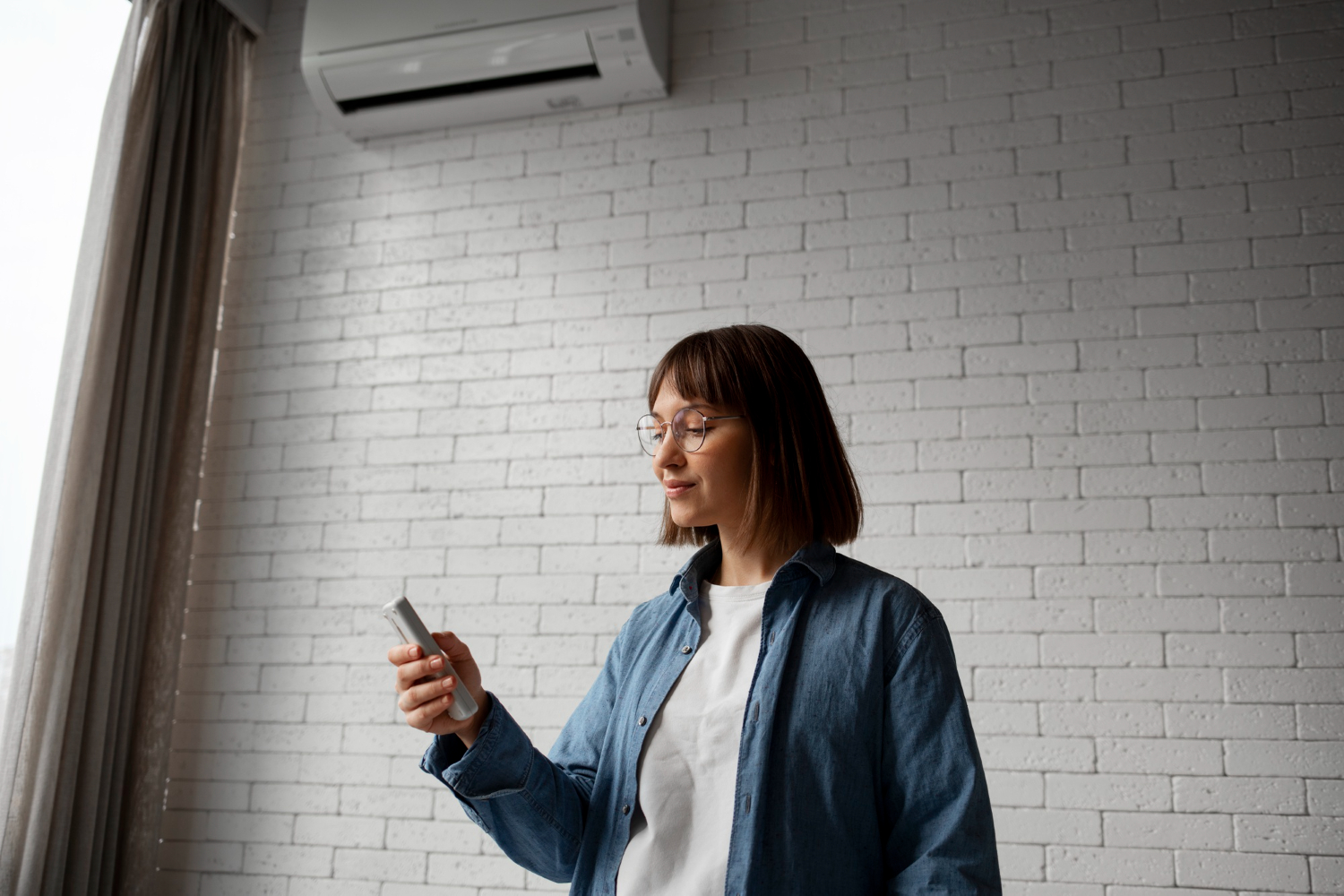When summer temperatures rise in Duluth, a well-functioning AC system can make all the difference in staying comfortable at home. But when your system starts losing its ability to cool properly, it’s not just uncomfortable — it can quickly drive up your energy bills and even lead to damage if neglected. One of the most common and hard-to-spot issues involves a refrigerant leak. Left unchecked, this can reduce your system’s efficiency and lead to costly long-term repair needs.
Refrigerant plays a key role in how your AC system cools the air. If it starts leaking, your unit will have to work harder to deliver the same comfort level you expect, but with much more strain. Recognizing when there may be a leak and acting early can help keep your home cooler while avoiding unnecessary breakdowns. Understanding the warning signs and knowing what to do next can help prevent larger problems down the line.
Signs of a Refrigerant Leak
Every component of your AC should run smoothly when properly maintained. When there’s a refrigerant leak, it affects the entire cooling process. The refrigerant in your system absorbs heat from the indoor air and releases it outside. If there’s not enough of it due to a leak, cooling slows down or stops.
Here are key signs to watch for:
– Warm air from vents: If your AC is running but the air feels warm or less cool than usual, that’s a red flag.
– Hissing or bubbling noises: These sounds can come directly from the area where refrigerant escapes through small holes or cracks.
– Weak airflow: Your system may not push air as strongly through the vents because it’s working harder without enough refrigerant.
– Longer cooling cycles: If your AC seems like it’s taking a lot longer to cool your home or it never reaches your thermostat setting, a leak could be to blame.
– Higher energy bills: You may notice an unexpected spike in energy use as your system struggles to maintain cooling.
One common mistake homeowners make is assuming a refrigerant leak only means the AC is low on freon. But systems don’t use up refrigerant like a car uses gas. If it’s low, there’s a leak.
Immediate Steps to Take
Once you notice signs that point to a refrigerant issue, acting quickly can help prevent further damage. Even if the problem seems minor, refrigerant leaks can lead to frozen evaporator coils, poor cooling, and compressor failure.
Here are the first steps you should take:
1. Turn off your system: If you suspect a refrigerant leak, turn off your AC. Running it without enough refrigerant can lead to major damage.
2. Check the thermostat settings: Make sure the unit isn’t running unnecessarily or working too hard by mistake.
3. Look around the indoor and outdoor units: While refrigerant itself is not visible, you might see signs like ice on refrigerant lines or puddles that can hint at freezing and thawing cycles.
4. Listen closely: Stand near your AC unit and listen for any unusual noises, like hissing or bubbling. These could be coming from a leaky component.
5. Note performance changes: Write down when you started noticing cooling issues and what symptoms you’ve seen. This helps later during professional evaluation.
Avoid the temptation to seal small leaks yourself or recharge refrigerant as a quick fix. Refrigerant handling requires proper certification due to environmental and health safety concerns, and temporary repairs without proper tools can often make things worse.
It’s always best to have our technicians inspect and repair these leaks using the right equipment and methods. Acting early can keep comfort high and repair costs down.
Why Professional Help Is Necessary
Refrigerant leaks in AC systems aren’t as simple as patching a hole or topping off refrigerant. These issues often come from deeper system faults, like worn-out connections, deteriorated coils, or improper installation. To the untrained eye, these problems might not seem significant, but they can lead to long-term damage if ignored or handled incorrectly.
Trying to fix a leak yourself can make the situation worse, especially without the right tools. Refrigerant is held under pressure, and locating a slow leak inside coil fins or copper tubing takes more than just a flashlight. Our professionals use leak detectors that can find even the smallest drops, which ensures the problem is handled properly the first time around.
There’s also the matter of safety. Refrigerants are chemicals that, when not handled correctly, can pose health risks or affect nearby surfaces and the indoor environment. For example, exposure to refrigerant gas when trying to repair a line could lead to health problems if inhaled or if it comes into contact with skin. There are also environmental requirements around handling and disposal. This is why only certified technicians are authorized to work with refrigerants.
Early inspection and servicing can also prevent damage to more expensive parts like the compressor. Letting a system run with low refrigerant too long can result in overheating and motor strain. What starts as a small leak could end up shortening the life of your system if not repaired the right way.
How Our Professionals Can Assist
Once a refrigerant leak is confirmed, the first goal is to identify its exact location. Our professionals use specialized tools to measure pressure levels, scan for hidden leaks, and test system performance. Some leaks are external and easier to spot, but others may occur deep within the coil or the lines running through walls and attics.
Here’s how the process usually works:
– Pressure testing reveals if there’s a refrigerant imbalance in the system.
– An electronic detector or dye test helps find the leak location without opening up large parts of the system.
– Once identified, the leak source is properly sealed or the damaged part is replaced.
– The entire system is then evacuated, vacuumed, inspected for moisture, and recharged with the correct amount of refrigerant.
– Before finishing, checks are done to confirm that the fix holds, the system holds pressure, and cooling performance returns to normal.
Our technicians take steps to make sure the same issue doesn’t pop back up. Whether it’s reinforcing joints, replacing cracked lines, or advising on usage habits that help prolong equipment life, the goal is to prevent repeat visits and protect your AC investment long term.
Keep Your AC System Reliable in Duluth
When refrigerant leaks go unchecked, cooling comfort becomes harder to reach in the heat of Duluth summers. What starts off as warm air or odd noises can grow into system failures or parts that need full replacement. Quick attention from experienced technicians helps prevent bigger issues and restores your system to full performance.
With the high demands placed on AC units during the summer months, small problems can snowball fast. Being aware of the warning signs, knowing when to shut the system down, and calling in trained professionals for diagnostics helps resolve the issue before it turns into something that disrupts your home’s entire comfort system. Regular care and professional repair make a big difference in how reliable your AC stays through high temperatures.
Facing cooling issues may indicate that your system needs a prompt professional evaluation to prevent further damage. Addressing refrigerant leaks early can help avoid a complete breakdown, and our professionals provide AC repair in Duluththat targets the root cause of these problems. Just Cooling ATL works to maintain your home’s comfort throughout the summer months in Duluth, so for a quick estimate or to book a service visit, please contact ustoday.










